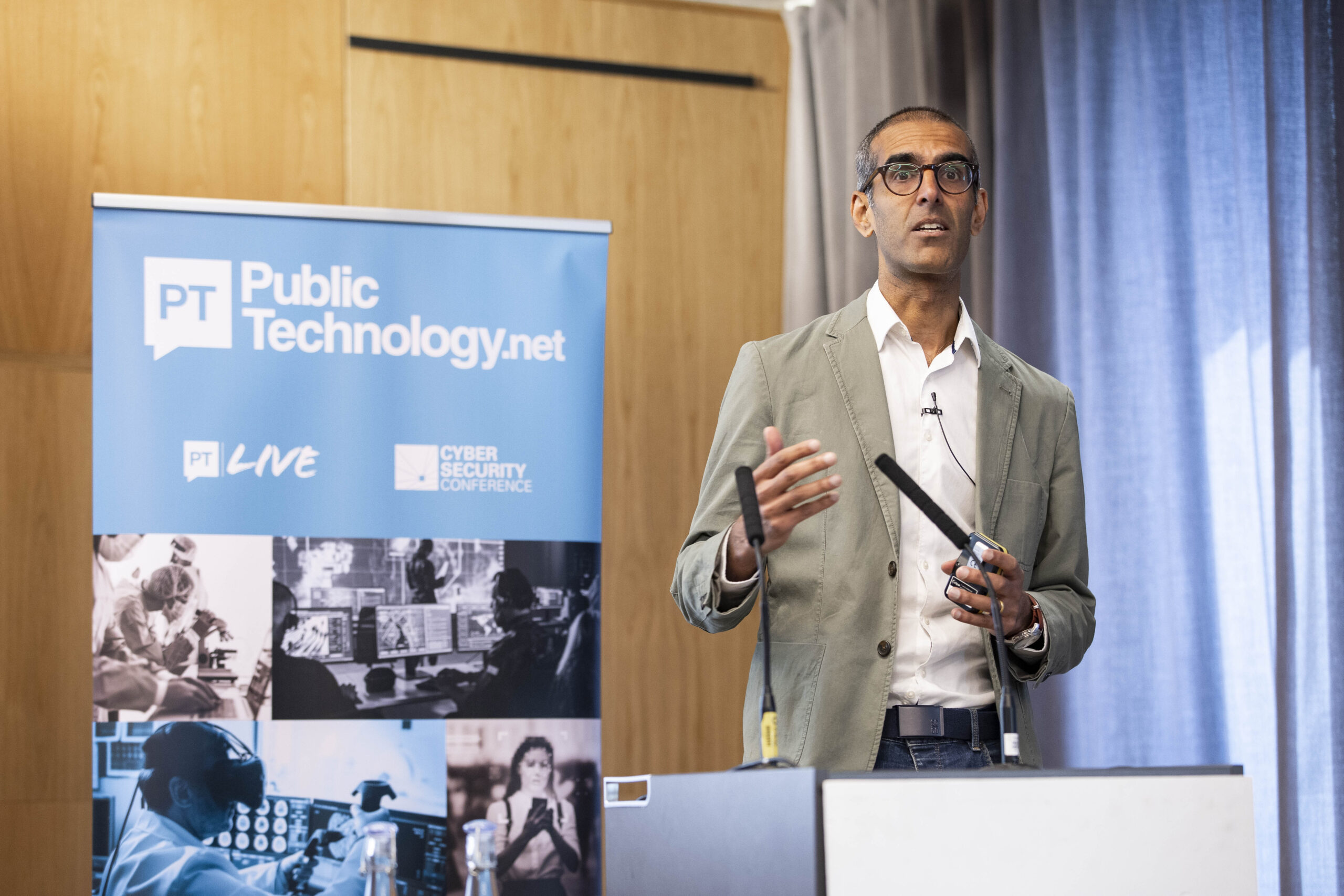Senior officers discuss how cloud and digital technologies are helping law enforcement do their job
“Cloud was very much a dirty word in policing two years ago – but now everybody is talking about it.”
So says Ian Williams, chief inspector of West Yorkshire Police, England’s fourth-largest force, with about 5,000 serving officers.
For the last seven months, Williams and his colleagues throughout the country’s 43 forces have had greater licence to talk about the technology. In September, Microsoft announced that police in the UK could now store data in the public cloud – effectively for the first time.
The declaration came after its Azure datacentres had become the first to be reviewed by the National Police Information Risk Management Team, and subsequently certified as a Police Approved Secure Facility.
And it is not just the police’s rule-makers who are increasingly cloud-friendly.
Speaking today at an event in central London, a range of senior officers and digital policing professionals discussed the force’s changing attitudes towards data storage.
“Cloud is much more on the agenda these days,” says David Stone, programme and projects manager at Derbyshire Constabulary.
Related content
- Government urges police to transform ‘for the digital age’
- ‘Officers can spend thousands more hours out in the community’ – inside Manchester police’s mobile revolution
- Technology must be embedded into frontline policing
Superintendent Mark Housley of Lincolnshire Police adds: “Different forces are using different [environments], but there is now a real level of comfort around using the cloud.”
Ellie Compton, who serves as technology futures programme manager for Lincolnshire, claims that there is increasing recognition that the cloud can bring operational and security benefits.
“[In terms of] the attitude towards where we store our data… we have always been very careful to protect it, and hold it very close. That has proven to be a bit unwieldy, and a bit unnecessary,” she says. “We have commercial partners who can meet legislative and access requirements, but also hold it in a safe environment.”
Williams of West Yorkshire adds that part of the reason that cloud is discussed more and more is that it is cheaper. But it also brings with it significant other advantages, he says.
“A big benefit is that ability to share data with other forces and with other [external] people,” Williams adds. “If we take digital video as an example, we have council CCTV, body-worn cameras, in-car cameras, and stuff coming in from the public. And we would have all this different data kept in different places. In the cloud, we could search all of it [in one place] – there are huge benefits. It is sensitive data, and we can also assure the Home Office that it is safe.”
Scanning the horizon
West Yorkshire Police is already technology to benefit from quick access to data following its rollout in February of mobile fingerprint scanners. The devices allow officers on patrol to instantly take a person’s fingerprints and check them against information held in two national biometric databases run by the Home Office, and covering law enforcement and immigration, respectively.
Williams says that, for officers, searching the fingerprint database using mobile technology takes about 30 seconds. The previous system not only required officers to take suspects back to the station, but took about two minutes and “was not always accurate”, he says.
The deployment of the technology has faced criticism from privacy advocacy groups, but Williams insists “it has pretty much the same threshold for use as arresting someone – and what we are trying to do is prevent people from going into custody”.
He cited a real-life example from the first day that the technology was used in West Yorkshire.
Officers apprehended someone that the scanners allowed them to quickly discover was driving while disqualified – something that, before the technology’s implementation, they would only have known after taking the person into custody.
Williams says: “There was a short [car chase], then the person got out and ran. Under the old system, they would have been arrested for failing to stop. But the disqualification was the reason they failed to stop. Officers seized the vehicle, issued a court summons and, instead of establishing who they were in custody, it was done in 10 minutes.”
“We have commercial partners who can meet legislative and access requirements, but also hold data in a safe environment”
Ellie Compton, Lincolnshire Police
This is just one example of how the force is using technology to combat the effects of funding cuts, the chief inspector says.
“We have lost 1,000 officers since 2010, and are now down to a steady amount of about 5,000. To take up the slack we have to work efficiently,” he adds.
Lincolnshire Police is also deploying technology to help officers make best use of their time.
Last year the force invested £2.8m in rolling out Motorola’s Pronto digital policing platform on 775 Samsung mobile. The technology offers a range of applications designed to allow “paperless policing”, including apps for taking witness statements, report and file details of incidents, document stop-and-search procedures, and collect and analyse biometric information.
Lincolnshire’s mobile data project manager Natalie Christie says: “Our target was saving 30 minutes per officer, per shift. We have saved an hour – that’s 192 hours per year.
“Officers are now able to spend that time out in the community.”



